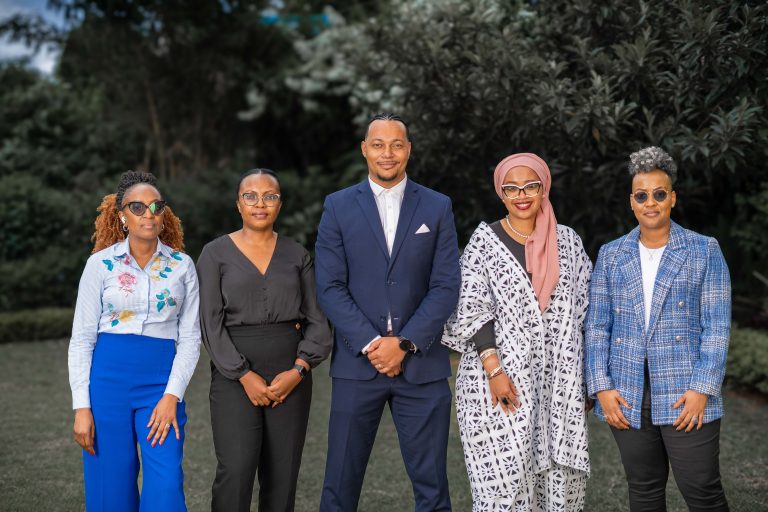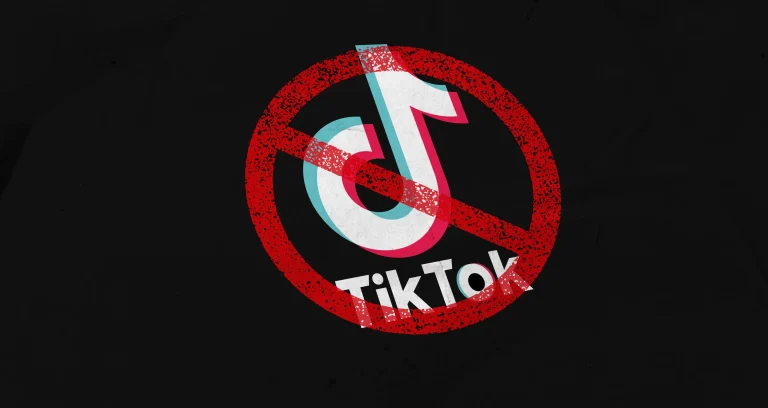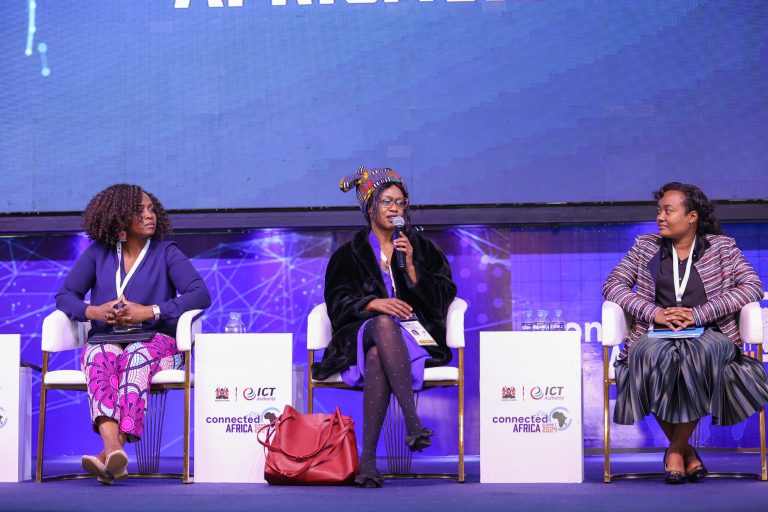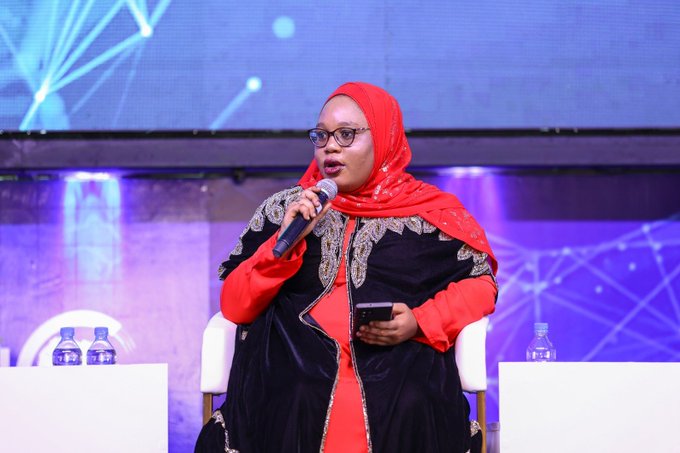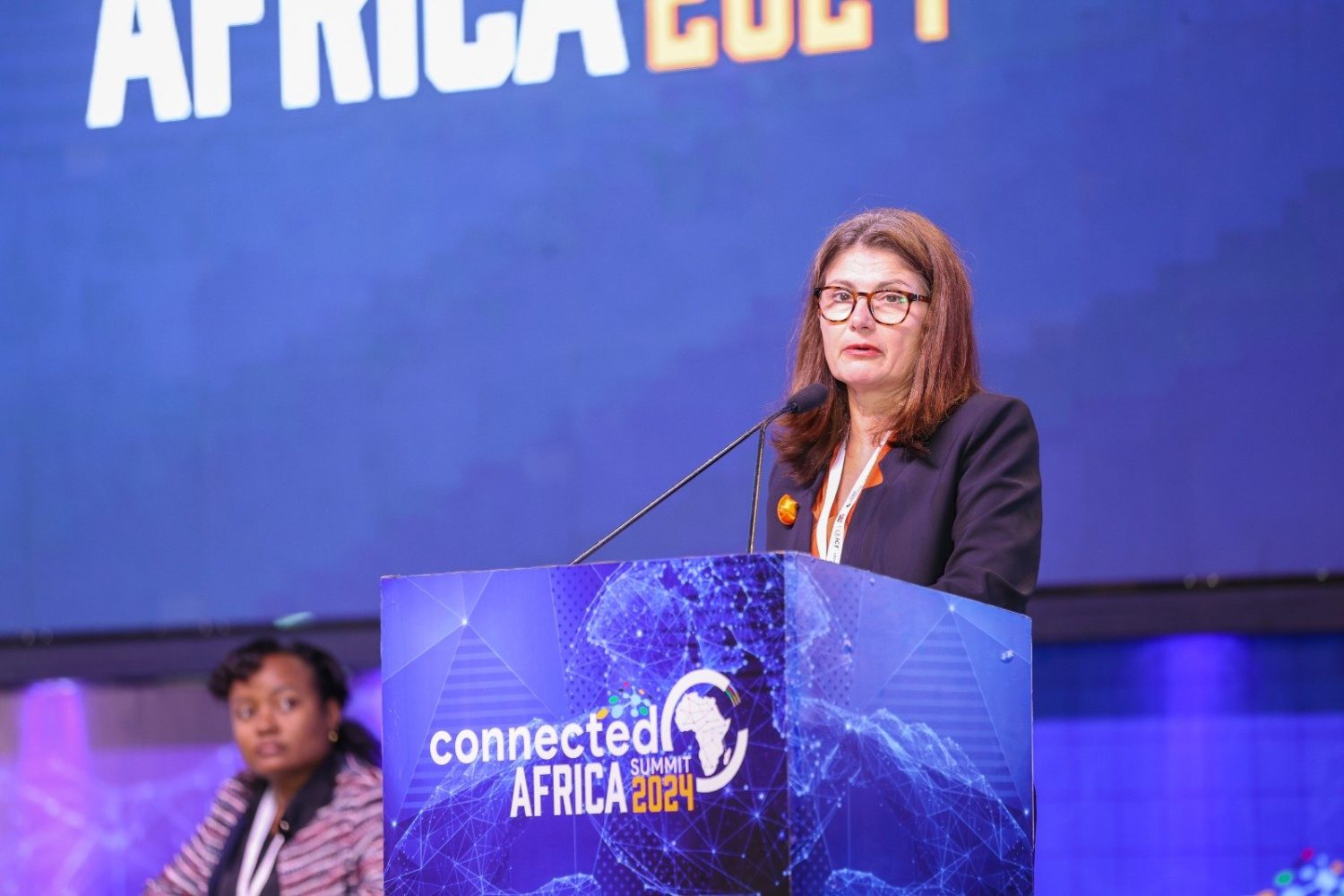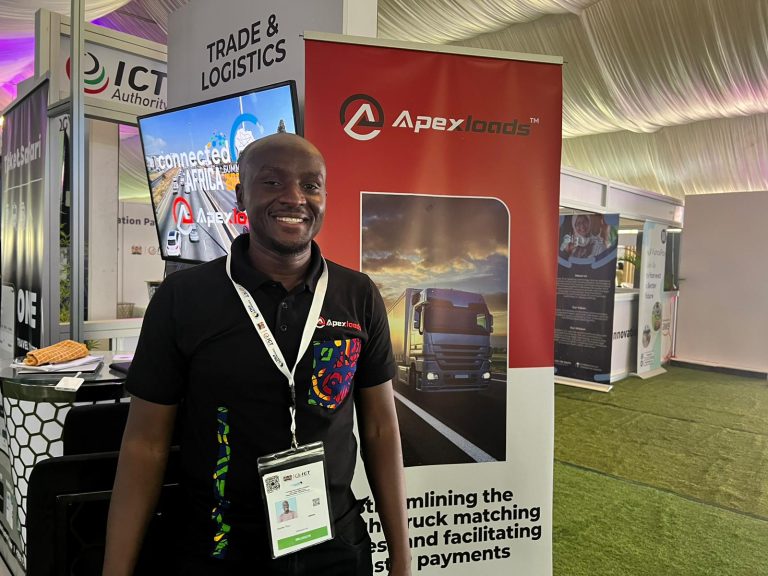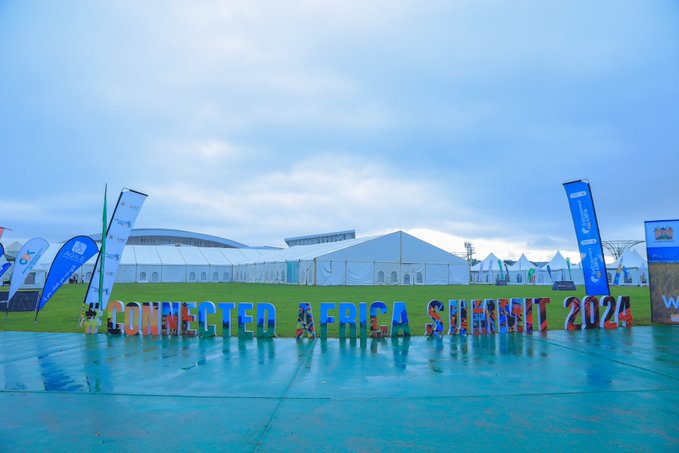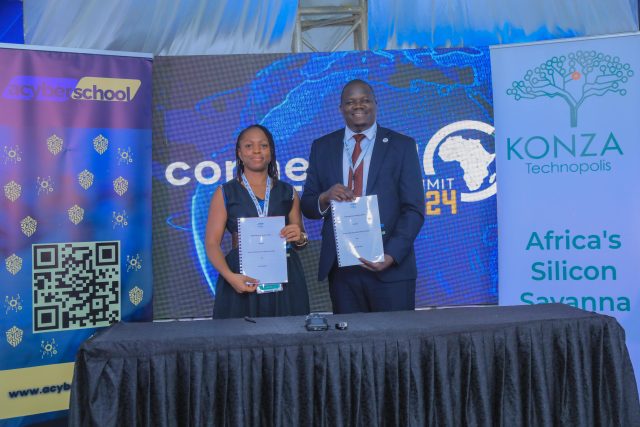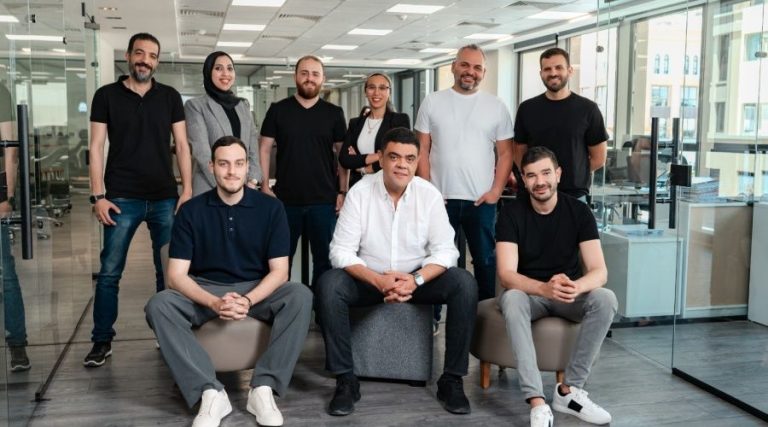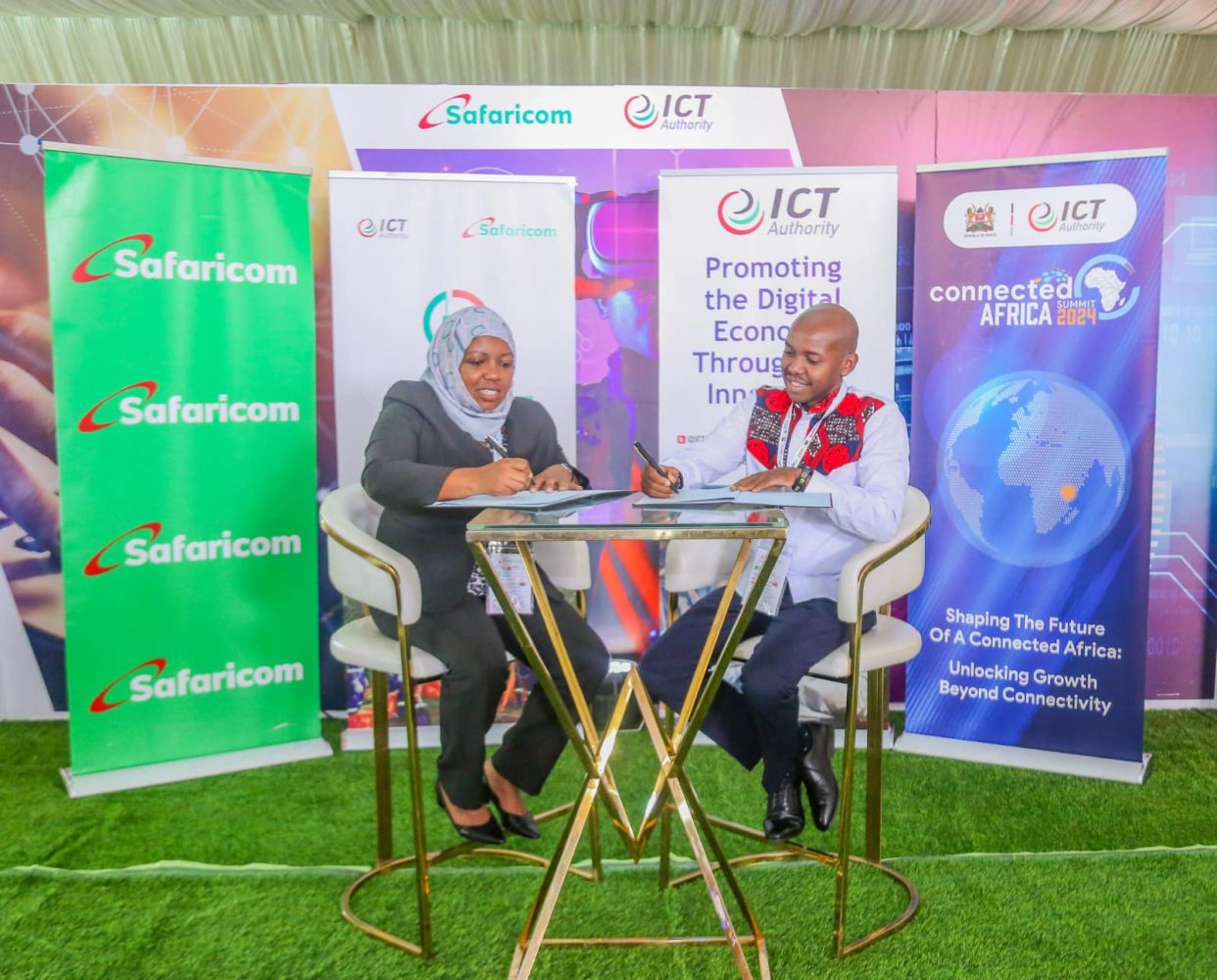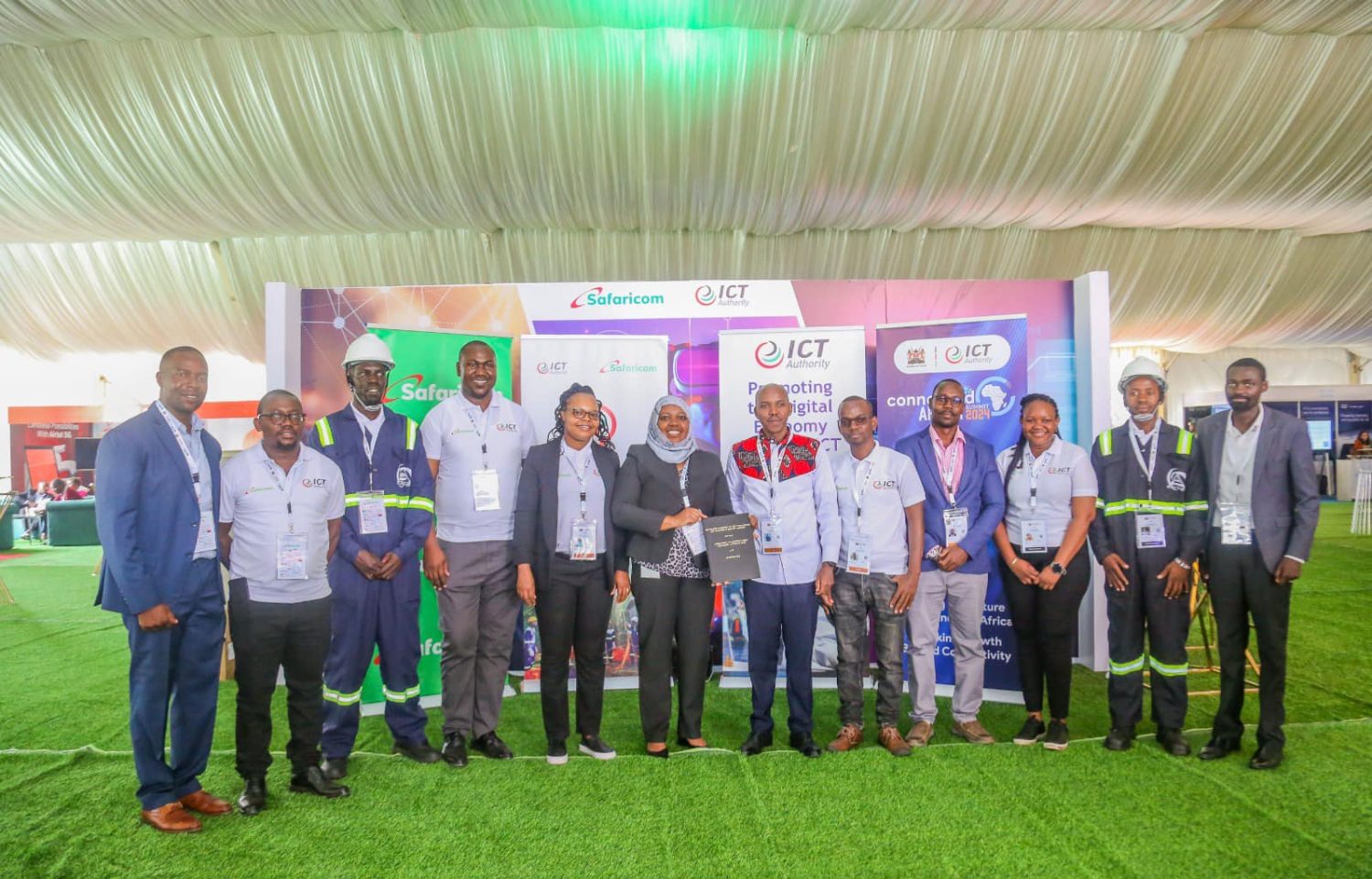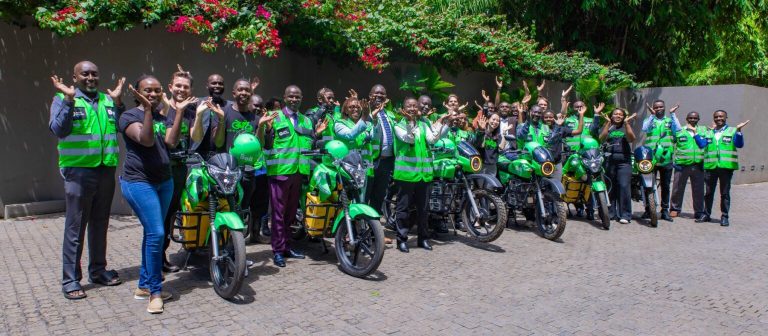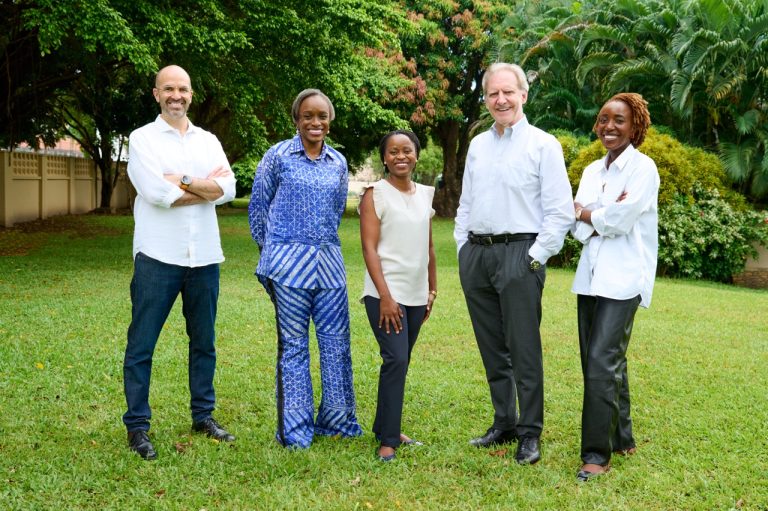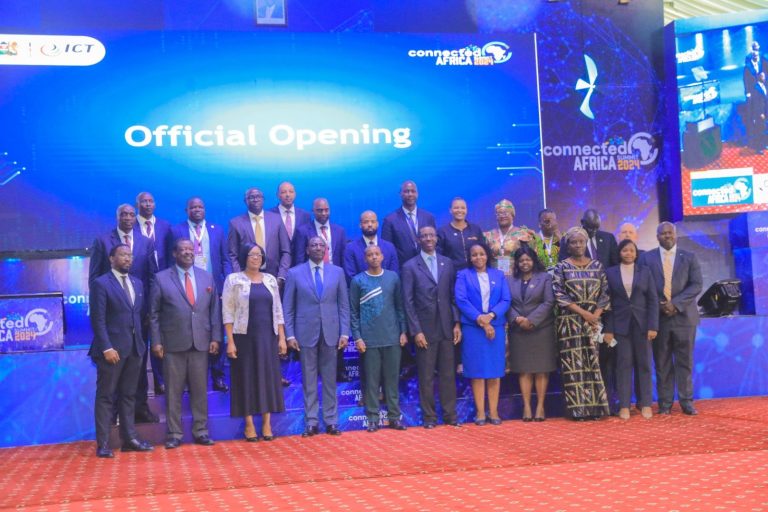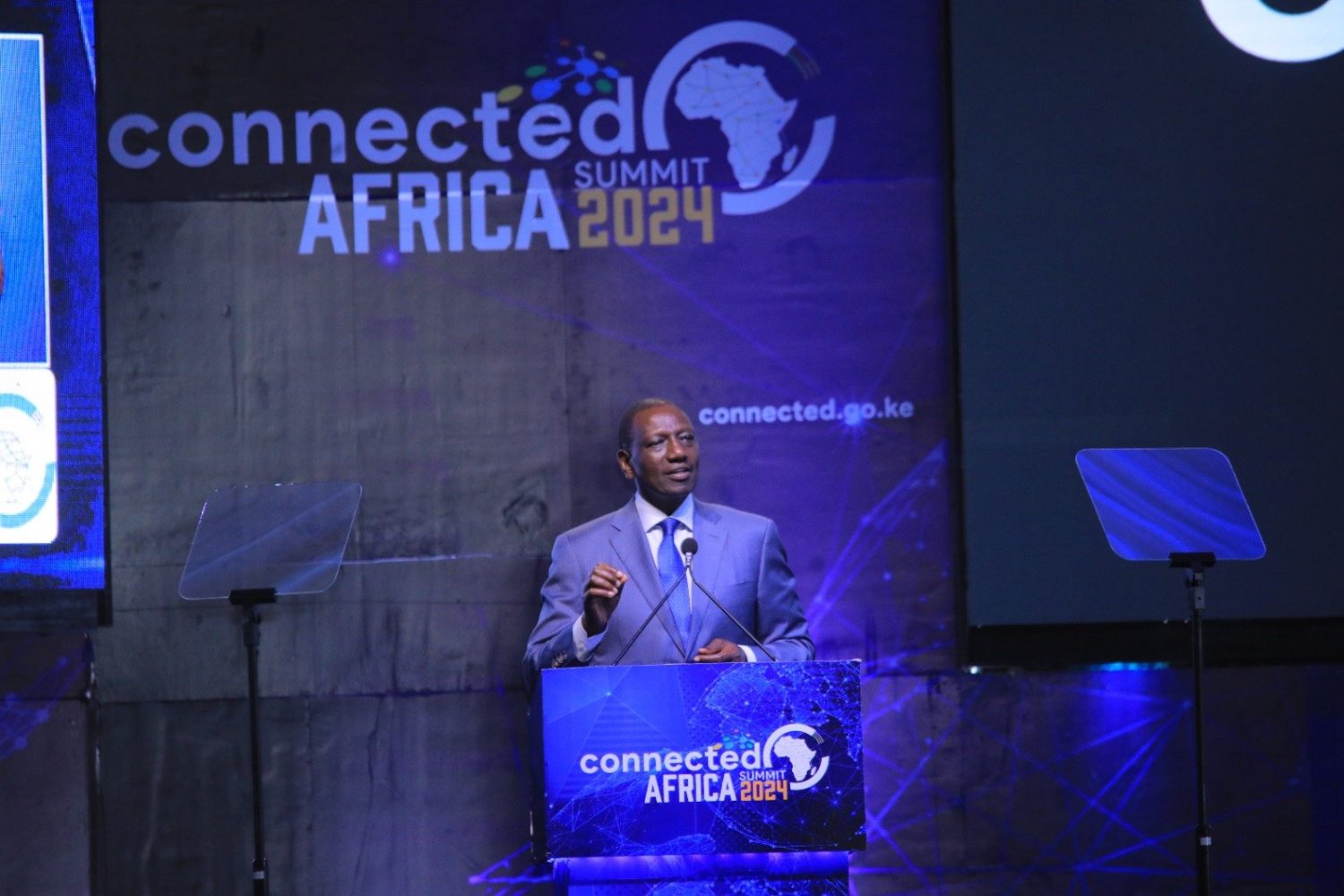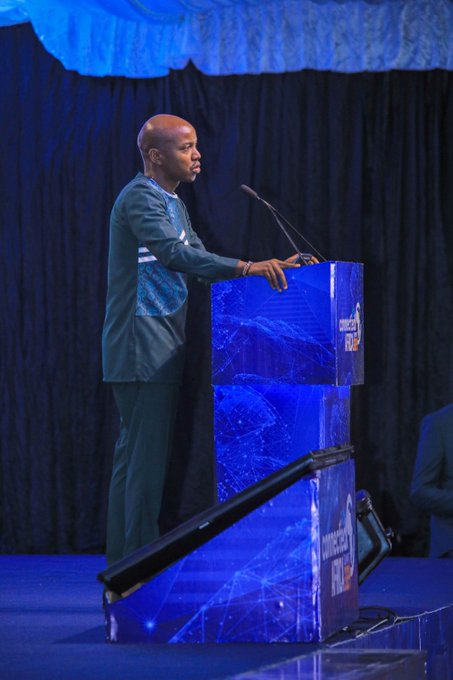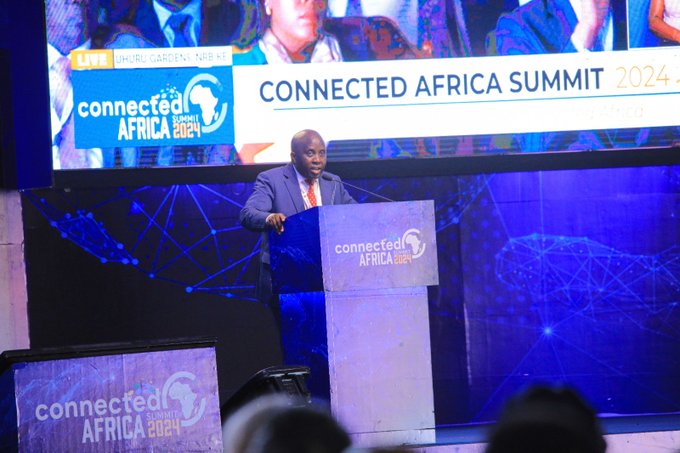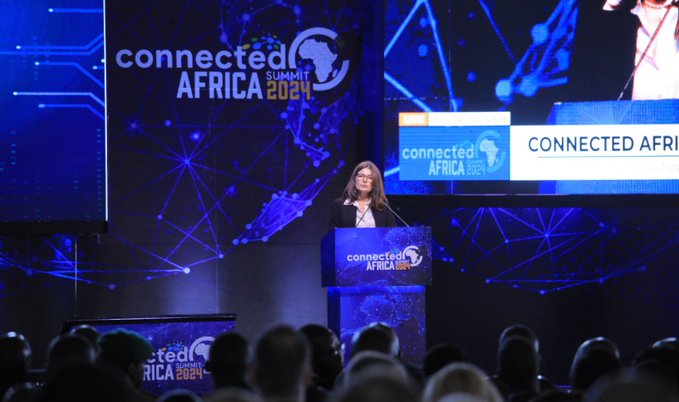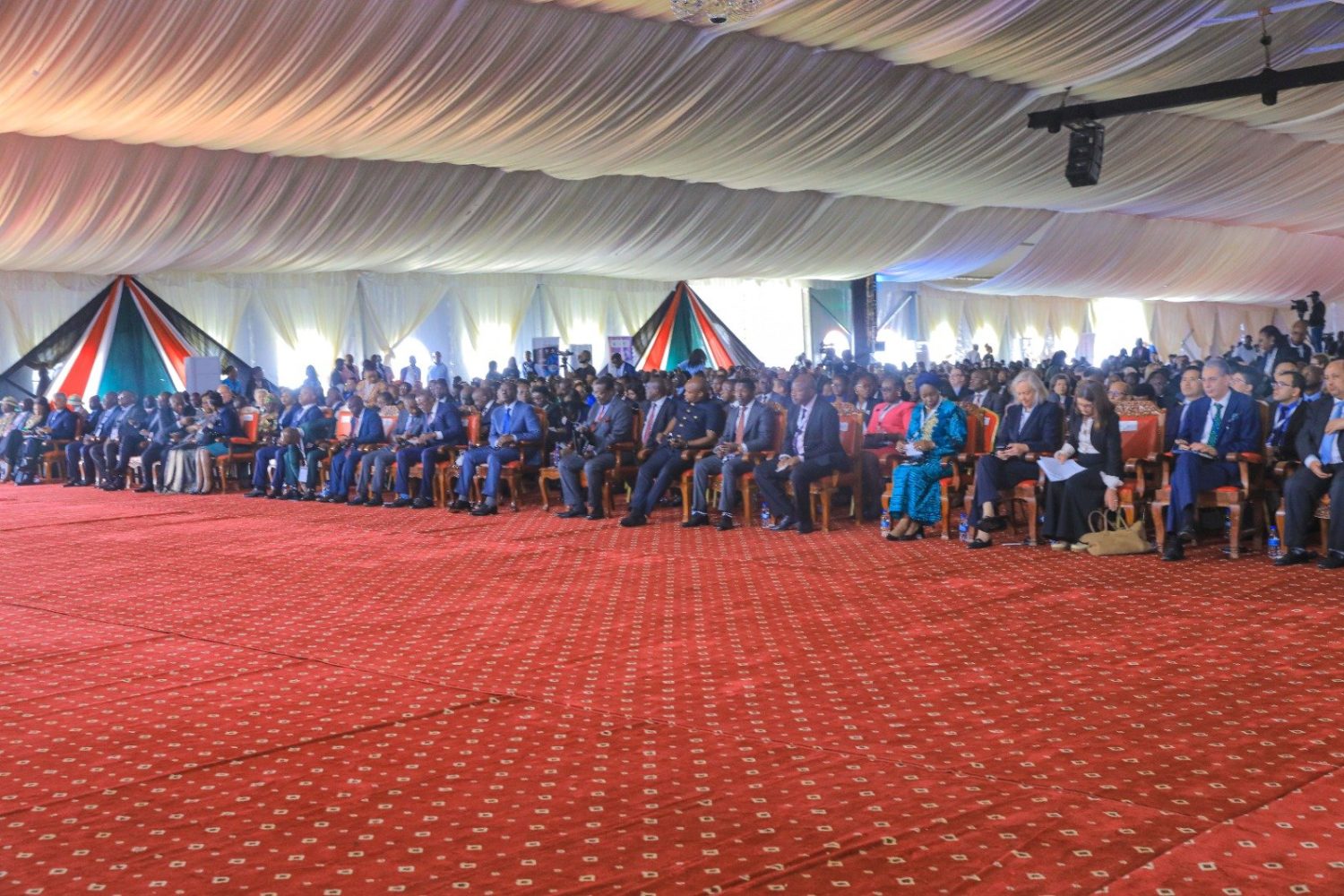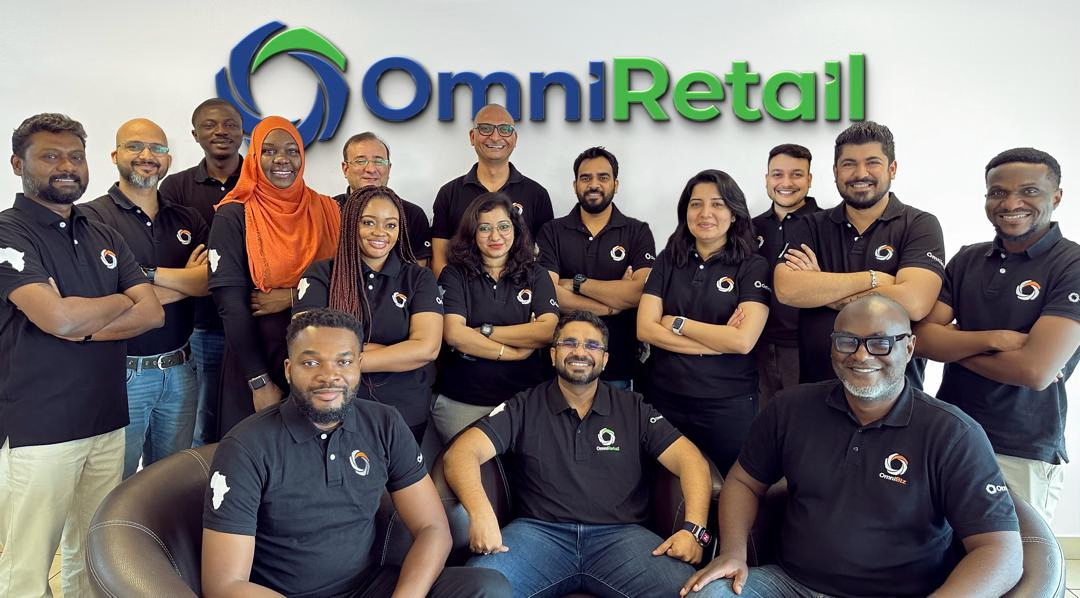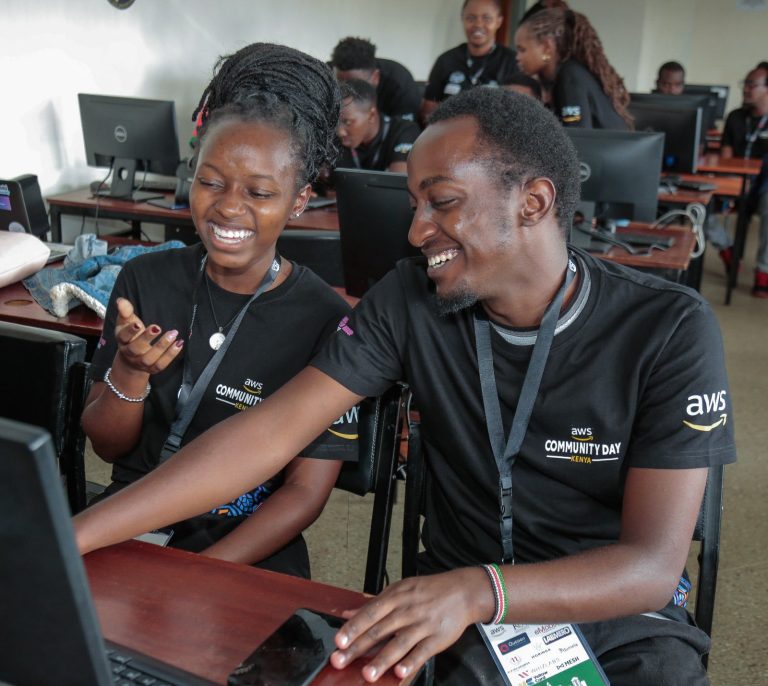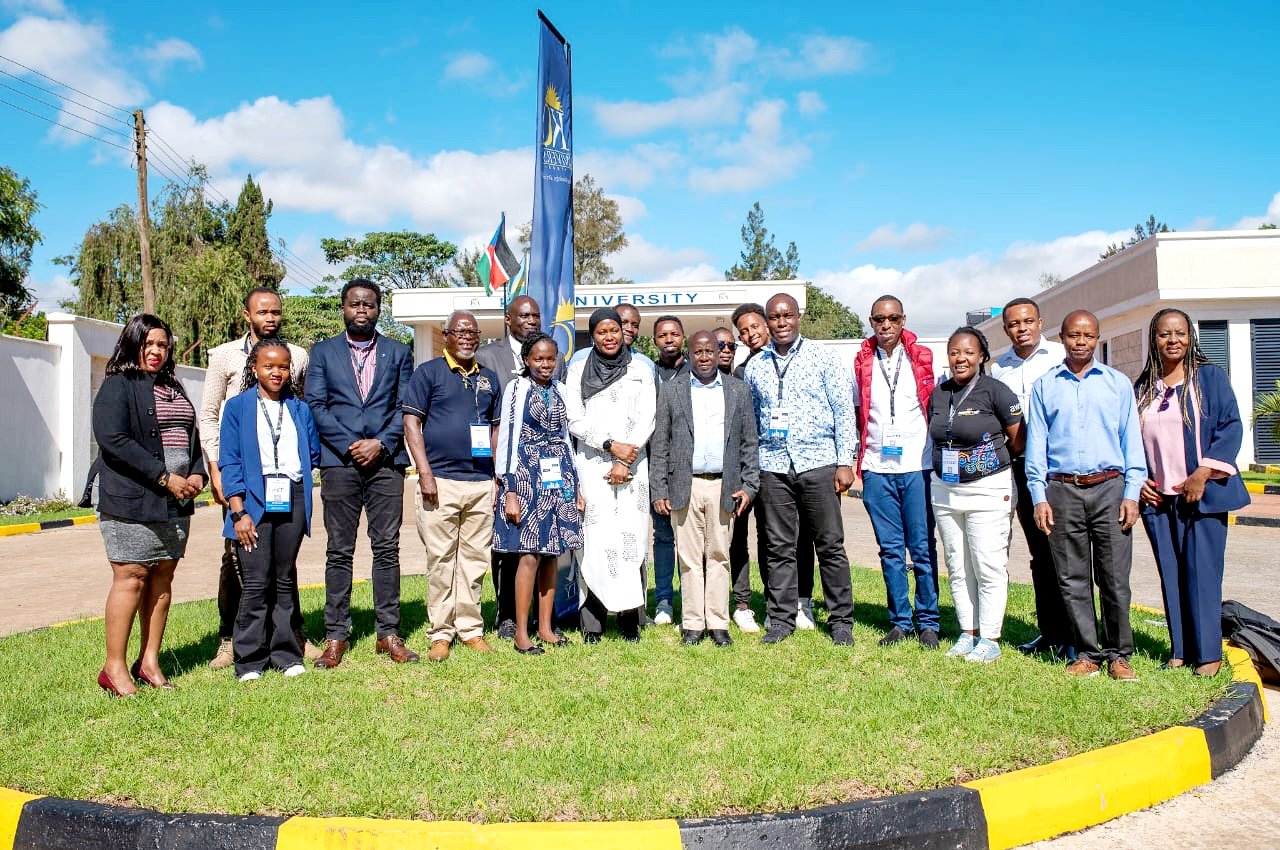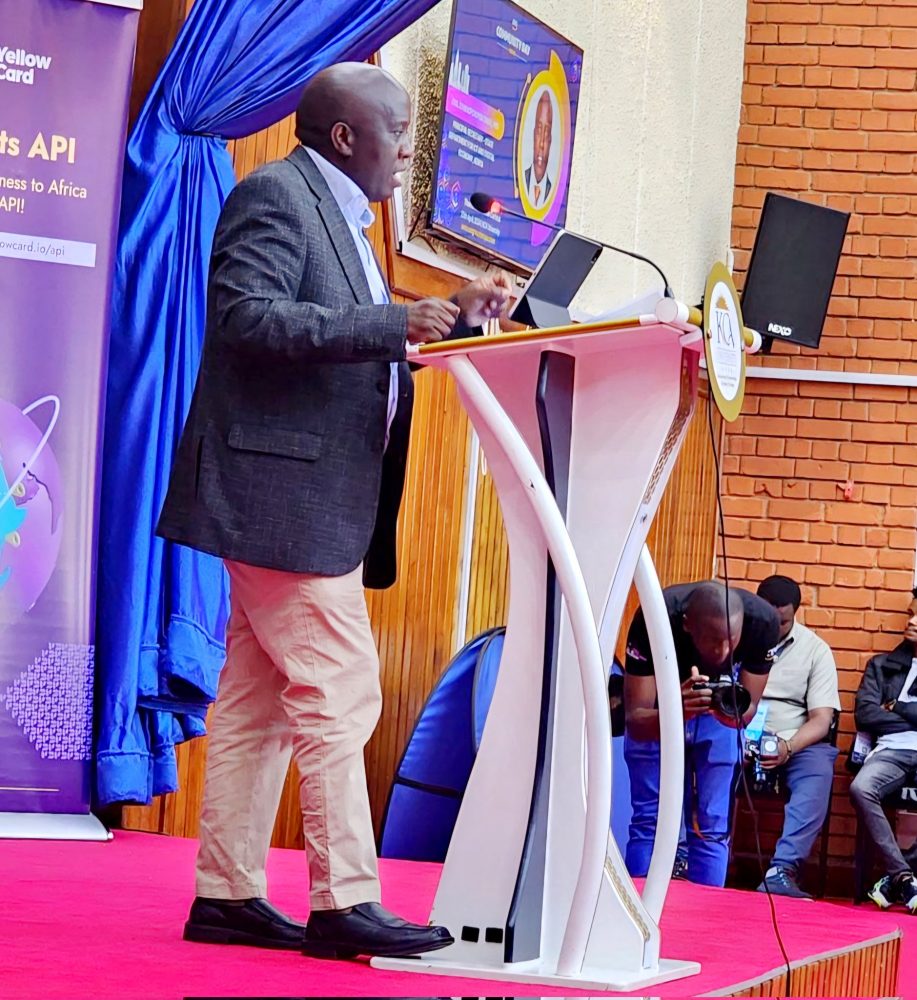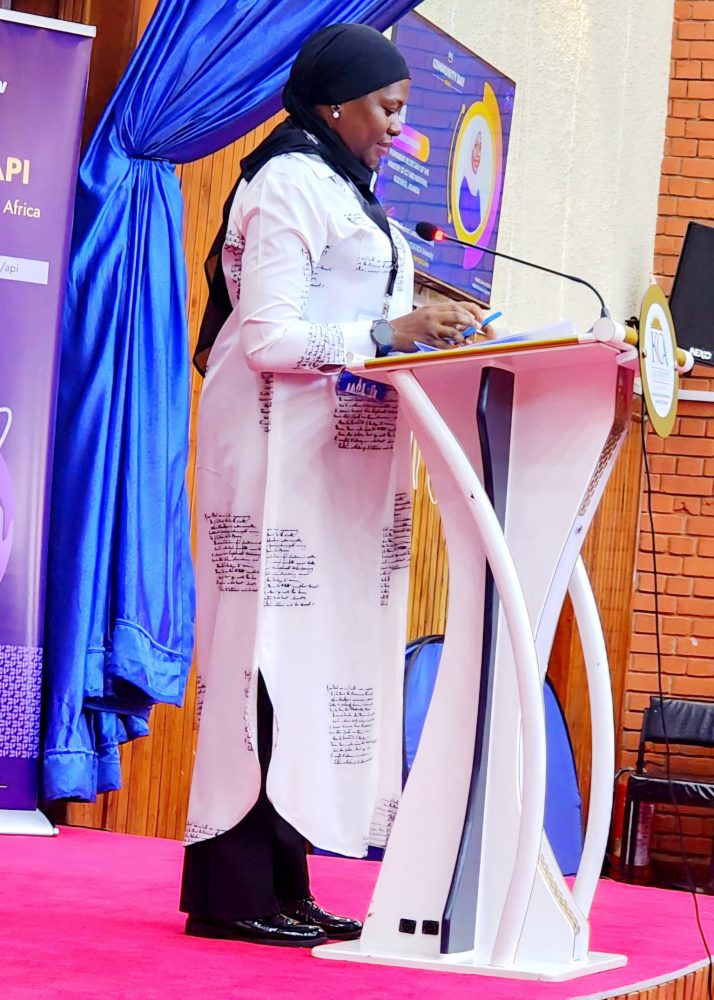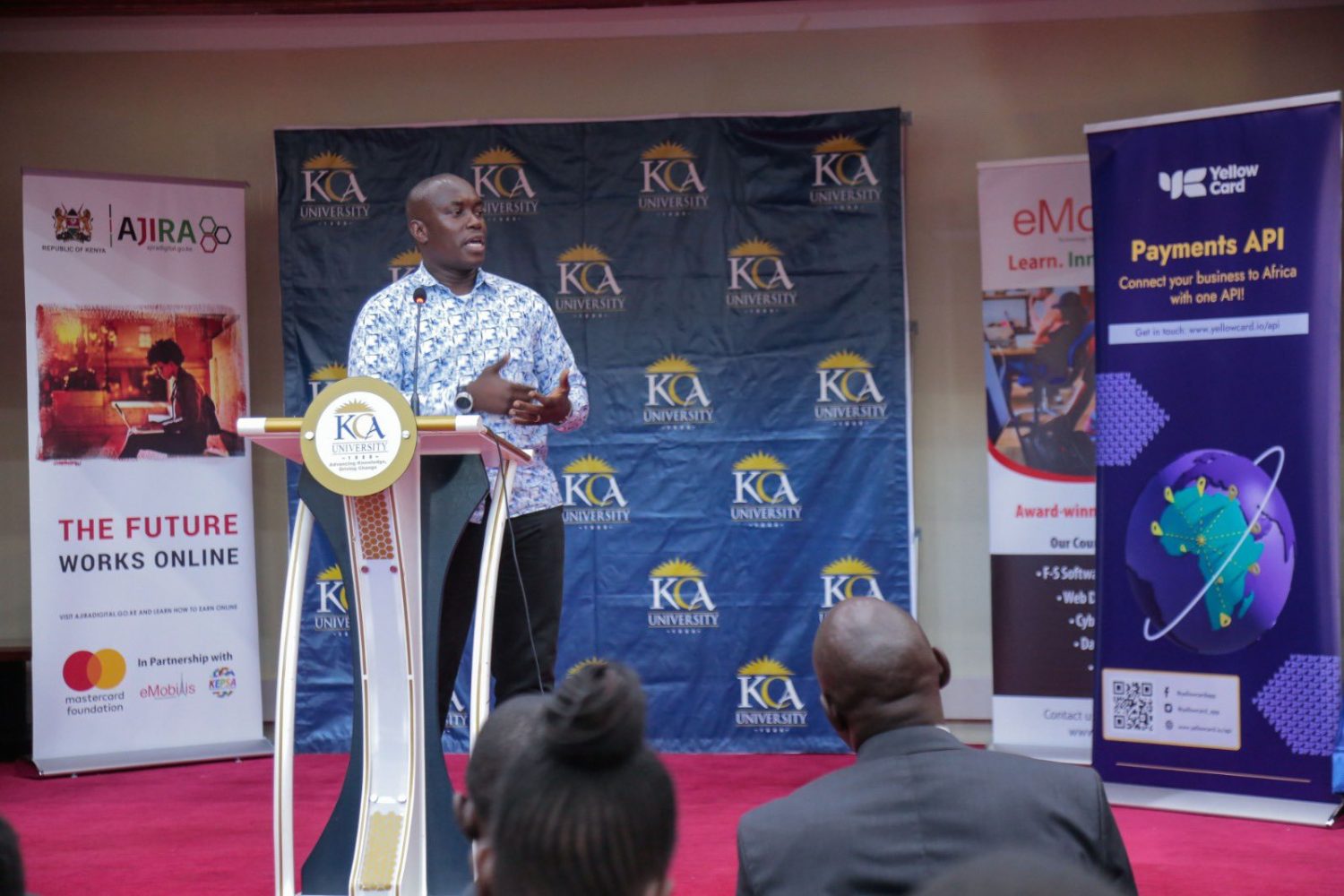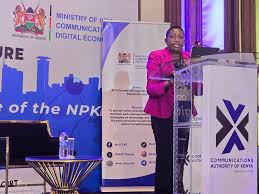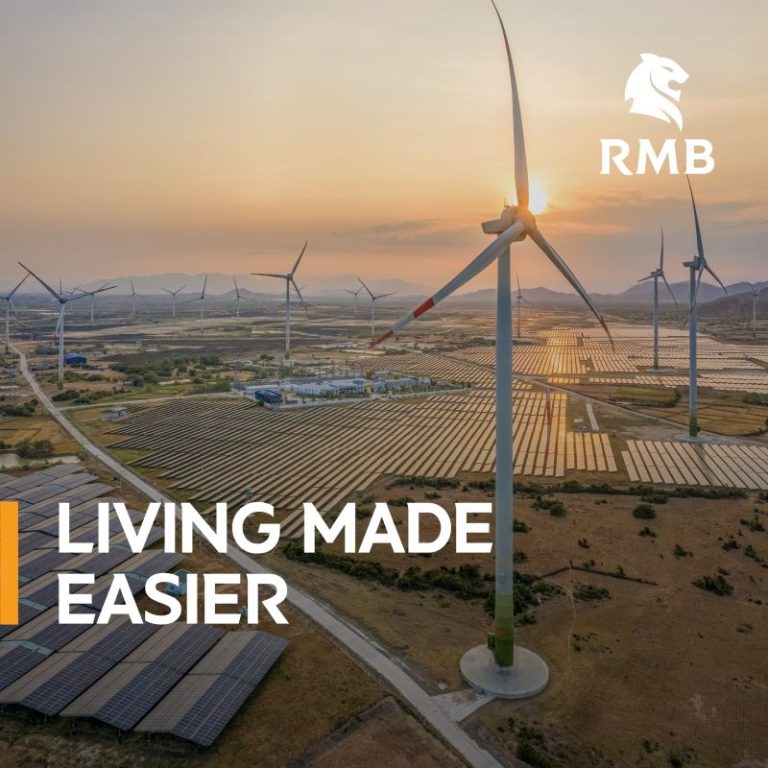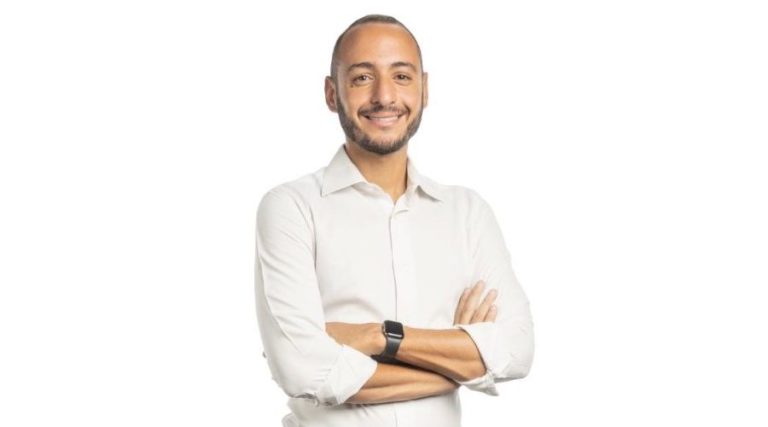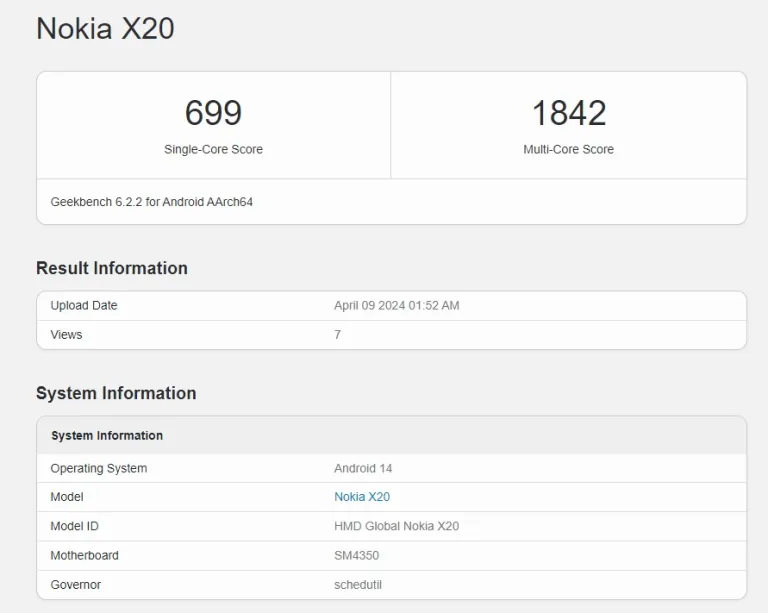Charles Thuo, a former aerospace engineer turned entrepreneur, is making waves in the East African logistics industry with his startup, Apexloads.
Launched in November 2021, Apexloads is a startup that connects freight forwarders, brokers, and transporters, streamlining the logistics process.
“We are matchmaking solution for logistics players. We are a digital marketplace, connecting freight forwarders, brokers, and transporters in Eastern Africa. We aim to streamline the logistics process by facilitating connections and communication between these key players,” says Thuo, Chief Executive Officer (CEO) and Founder of Apexloads.
Despite being a relatively young company with only 10 employees, the company has already garnered significant traction. Their mobile application boasts over 7,000 downloads and 5,000 sign-ups, demonstrating strong user interest. Also, the firm has an active website.
Currently operational in Kenya, Uganda, and Tanzania, Apexloads has ambitious plans to expand across the African continent.
Mr Thuo who was among the exhibitors at the Connected Africa Summit 2024 held at Uhuru Gardens, Nairobi, acknowledges the challenges faced by the logistics sector, including limited resources, lack of regulations on personnel verification, and skepticism towards new technologies.
“Credibility is the currency in logistics,” declared Mr Thuo.
To address the verification issue, Apexloads has created a free “EAC Profile Verification” infrastructure, where logistics companies can build trust by having their profiles vetted. Already, three companies have registered.
Looking ahead, Apexloads is set to introduce a new service – Invoice Factoring. This financial product will help transporters access immediate cash flow by allowing them to sell their invoices to partnering banks at a discount.
“We will pursue partnerships with banks to offer Invoice Factoring, providing much-needed financial support to our users,” explains the entrepreneur.
The firm has secured a strong financial foundation totalling $300,000: $42,000 from two angel investors and a further $50,000 from the I2E Bridge 2 accelerator program in Oklahoma, then the rest is founder investment. This funding will fuel their growth strategy and expansion plans.
The i2E Bridge 2 Accelerator program is designed to equip high-growth startups in Oklahoma with the tools they need to thrive.
“This 8-week pre-accelerator program focuses on preparing founders for the next stage. It offers resources to help startups refine their pitches and develop robust diligence packets, making them more attractive to investors and future accelerator programs. Additionally, Bridge 2 provides crucial seed funding of $50,000, allowing founders to focus on building a strong foundation for their companies.”
Kenya’s logistics sector, brimming with potential for growth and innovation, has also witnessed a wave of closures among promising startups in recent years. These shutdowns highlight the complex challenges faced by young companies trying to navigate a competitive and evolving landscape.
Sendy, a prominent player in the end-to-end logistics space, shut down in August 2023 after encountering funding difficulties and a tough market environment. Despite initial success and expansion into Nigeria, Sendy wasn’t able to secure the resources needed to sustain operations.
Similar stories unfolded at Notify Logistics and Kune Food, both of which focused on offering storage solutions. Both companies, despite securing seed funding of $1 million each, ultimately succumbed to high operational costs.
The agricultural sector also saw a setback with the closure of WeFarm, a startup that aimed to connect smallholder farmers with markets. Global economic headwinds created challenging market conditions, forcing WeFarm to close its doors.
These closures point to some key challenges hindering the growth of Kenyan logistics startups:
Funding Hurdles: Accessing enough capital appears to be a major roadblock, especially considering the competitive and dynamic nature of the logistics sector.
Managing Costs: Effectively managing operational expenses is crucial for survival New startups might struggle to achieve profitability in the early stages.
Adapting to Market Shifts: External factors like global economic downturns can significantly impact the market and disrupt established growth plans.
Mr Thuo notes that sector regulation will ensure credibility. He added that startups offering logistics solutions should consider with depth to address the infrastructural hinderances that cripple the sector.
“Kenya’s logistics sector is guided by a network of government regulators and industry associations. Each should play a distinct role in ensuring smooth operations, fair competition, and adherence to best practices,” he added.
These regulators include Kenya International Freight and Warehousing Association (KIFWA), a non-profit organization representing the interests of customs agents, freight forwarders, and warehousing operators; Kenya Transporters Association (KTA) which represents the interests of transporters in Kenya, including truck owners and operators.Kenya Shippers Council (KSC): that lobbies for policies and regulations that ensure efficient and cost-effective cargo movement for shippers.
Besides these industry bodies, government agencies like the Kenya Revenue Authority (KRA) and the Ministry of Transport, Infrastructure, Housing and Urban Development play a crucial role in regulating customs procedures, safety standards, and infrastructure development within the logistics sector.
Mr Thuo believes that these regulators and associations should often collaborate to address industry-wide challenges and advocate for policies that benefit the entire logistics ecosystem in Kenya.



